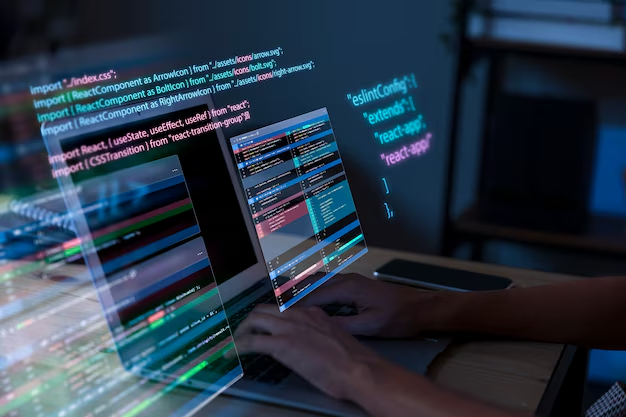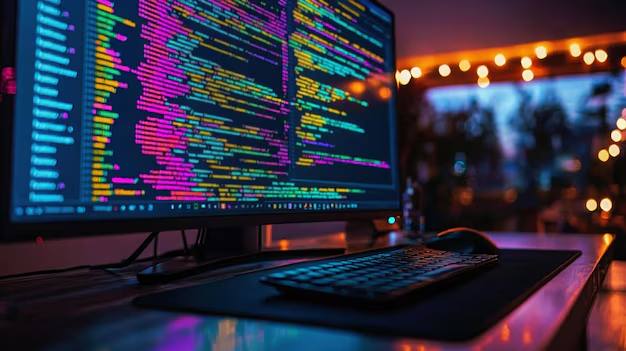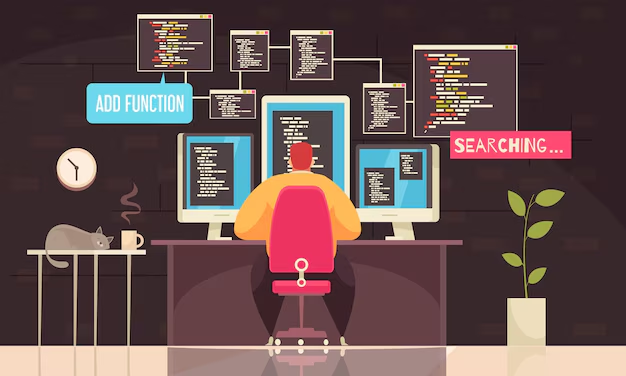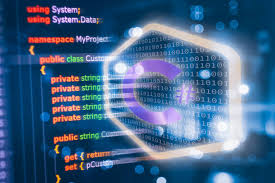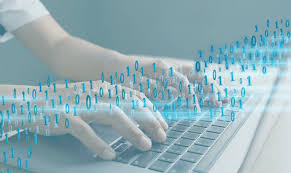About the course
In this course, you will learn about the components of a computer which includes Memory, processor, input and output devices along with storage and operating system. You will also understand the concept of assembler, compiler, interpreter, loader, and linker. Then you will be introduced to algorithms and flowcharts which includes representation of an algorithm, flowchart, along with the concept of pseudo code and its examples, converting algorithms to programs and writing source code.
After that, you will learn about the basics of programming which includes the structure of a C program, how to write and execute a C program. In addition to this, you will learn about the various types of errors such as logical errors and syntax errors. You will also learn about the components of the C language, variables, data types, memory locations, and storage classes. Then you will learn about arithmetic operators and their precedence, if-else, switch-case statements, for loop, while and do-while loops, break and continue statements. You will also learn about functions, arrays, basic searching and sorting algorithms in detail. The course will conclude with detailed coverage of pointers and file operations in C.
Learning Outcomes
After completing this course, you will be able to:
- Develop simple algorithms for arithmetic and logical problems.
- Translate the algorithms to programs in C language and execute them.
- Implement conditional branching, iteration, and recursion.
- Decompose a problem into functions and synthesize a complete program using the divide and conquer approach.
- Use arrays, pointers, and structures to develop algorithms and programs.
- Boost your hireability through innovative and independent learning.
- Get a certificate on successful completion of the course.
Target Audience
The course can be taken by:
Students: Students: All students who are pursuing any technical/professional courses, and wish to enter application programming industry.
Teachers/Faculties: All computer science and engineering teachers/faculties.
Professionals: All working professionals from the IT industry.
Why learn Programming for Problem Solving?
Problem-solving refers to your ability to solve problems in an effective and timely manner without any impediments. Whether you are a student, a parent, a businessperson, or the president of any country, you face problems every day that needs solving. For all these things, problem-solving is really really important. Especially when it comes to programming, problem-solving is the must. If you do not develop sound problem-solving skills, you will end up messing around with a given problem, and you would not be able to obtain a solution for ages.
Course Features
- 24X7 Access: You can view lectures as per your own convenience.
- Online lectures:10 hours of online lectures with high-quality videos.
- Updated Quality content:> Content is latest and gets updated regularly to meet the current industry demands.
Test & Evaluation
There will be a final test containing a set of multiple choice questions. Your evaluation will include the scores achieved in the final test.
Certification
Certification requires you to complete the final test. Your certificate will be generated online after successful completion of course.
Topics to be covered
UNIT –1
Programming in C: Structure of C Program, Concept of Preprocessor, Macro Substitution, Intermediate code, Object Code, Executable Code. Compilation Process, Basic Data types, Importance ofbraces ({ }) in C Program, enumerated data type, Identifiers, Scope of Variable, Storage Class, Constants, Operators & Expressions in C, Type Casting, printf( ) and scanf ( )with format specifires, reading single character.
UNIT –2
Control Statements,Command Line Arguments, Arrays in C, Pointers, Using pointers to represent arrays, Pointer & address arithmetic.Structures, using typedef.
UNIT –3
Arrays of Structures & pointers, File Handling (fscanf, fprintf, feof, fopen, fclose, fread, fwrite only). Dynamic memory Allocation.
UNIT –4
Functions in C, Passing Parameters (By value & Reference), using returned data, Passing arrays, R.T.U., Kota Scheme and Syllabus B.Tech. (1stand 2ndSemesters)effective from Session 2012-13 18| P a g estructures, array of structures, pointer to structures etc., passing characters and strings, The void pointer.
UNIT –5
Stored Program Architecture of Computers, Storage Device-Primary Memory and Secondary Storage, Random, Direct, Sequential access methods. Concept of High-Level, Assembly and Low Level programming languages. Representing Algorithms through flow chart, pseudo code, step by step.Number System: Data Representation, Concept of radix and representation of numbers in radix r with special cases of r=2, 8, 10 and 16 with conversion from radix r1 to radix r2. r’s and (r-1)’s complement, Representation of alphabets

